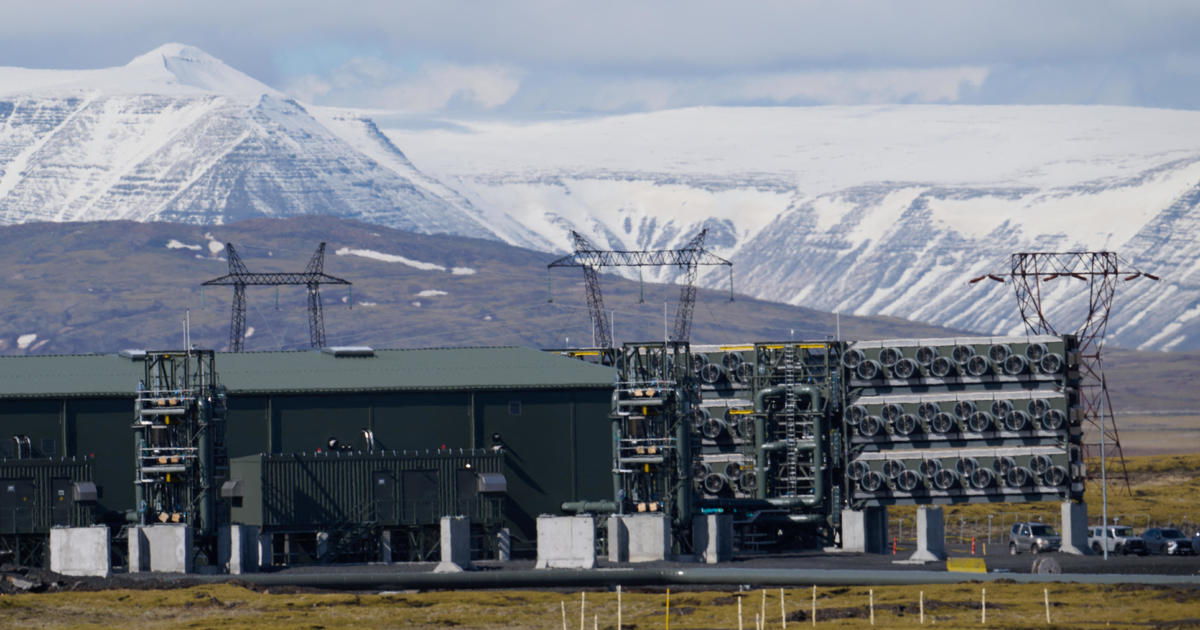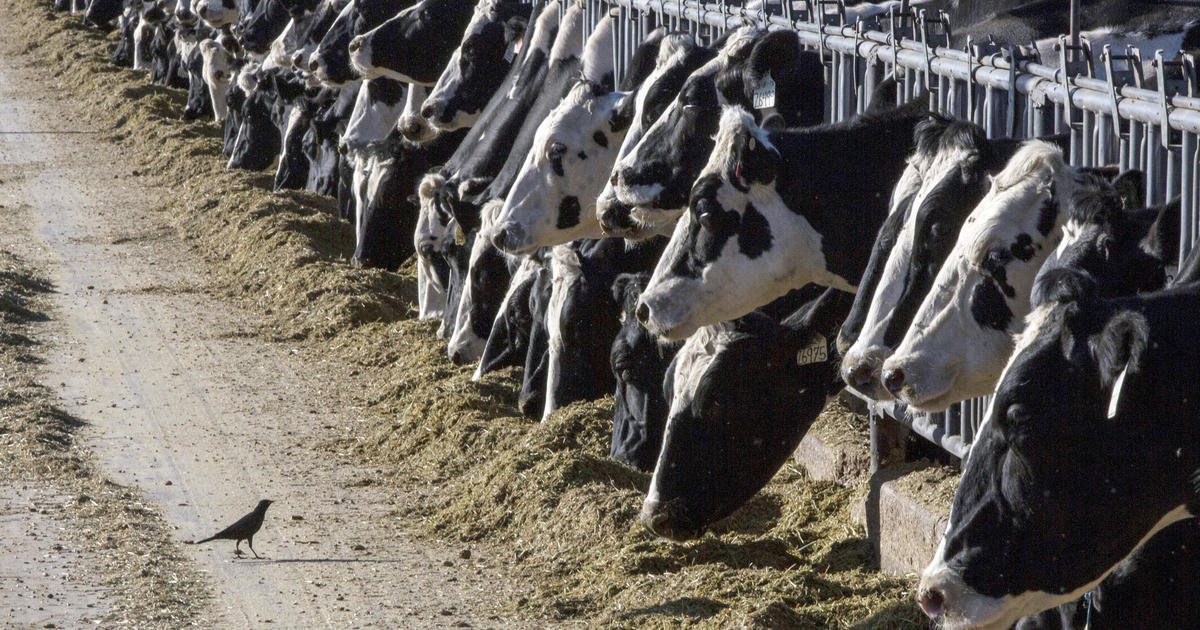Moody's buys climate-data firm to help investors price impact of a warming planet
- Moody's, one of the three major credit rating agencies, has bought a research firm that assesses the physical risks of climate change.
- The agency plans to use the information to assess how credit-worthy a corporate or municipal borrower is based in part on their exposure to climate-driven disasters.
- Wall Street has been slow to incorporate climate-change effects into investment prices, despite plentiful research showing the financial hit from a degrading climate.
Moody's bought a controlling stake this week in Four Twenty Seven, a research firm that prices climate-change risk. It's the latest indication that Wall Street is coming around to putting a price on climate change and its economic impact—albeit more slowly than many economists and investors have called for.
Moody's is one of three agencies—along with Standard & Poor and Fitch Ratings—that evaluates debts and issues credit ratings. The letter grades that result indicate how likely a public company or a private hospital or an entire nation is to repay a debt, and therefore how expensive it is for them to borrow.
The likelihood of a debt being repaid can change dramatically in a warmed-up world. In Miami, for instance, a commercial property stands a 50% chance today of being in a flood zone. As sea level rises, more and more of them will be regularly flooded. That existential threat to the occupants of buildings will cascade on their landlords, developers and investment portfolios based on those properties, potentially threatening billions of dollars. Meanwhile, many organizations remain unaware of their own exposure to climate-driven events, Moody's said.
That's where Four Twenty Seven comes in. The company, based in Berkeley, California, measures a range of physical risks related to climate change, including heat stress, intense rainfall or flooding, wildfires and rising sea levels, and analyzes how those risks affect companies. The company, founded in 2012, has been called a "pioneer" in pricing climate risk.
"When I started it, there weren't other companies doing this. There also wasn't a lot of demand for it. A lot of companies hadn't integrated what the science is showing, which is that climate change is going to affect us quickly—now," said Emilie Mazzacurati, its CEO and founder.
Since then, a range of companies have sprung up to provide intelligence on climate change. "This is something that is bound to become mainstream, and that's a good thing," Mazzacurati said.
"Moody's is committed to offering global, transparent standards for assessing environmental risk, and the acquisition of Four Twenty Seven advances our objective of integrating climate analytics into our offerings," Myriam Durand, its global head of assessments, said in a release.
Big business has been slow to incorporate climate-related risks despite prodding from increasingly vocal investors and money managers. To the extent that companies have grappled with this issue, they have focused on risks they would face if governments put a price on carbon or otherwise forced drastic cuts in emissions more than the physical risks to their assets.
"Companies are not pricing those risks very well," Nicolette Bartlett, global director of climate change for CDP, told CBS MoneyWatch recently. "I would have thought, in the U.S., that realization would be a bit more stark now, given that the country has now suffered two years of weather damage."
That disconnect was made clear in testimony by Federal Reserve Chairman Jay Powell earlier this month. Powell said he agrees that climate change is making severe weather more frequent—as a growing body of scientific research indicates. But when Sen. Brian Schatz of Hawaii pushed Powell to incorporate severe weather risks into the way the Fed oversees banks, Powell demurred.
"I guess I see climate change as a longer-run issue. I don't know that incorporating it into day-to-day supervision of financial institutions would add that much value," he said.
If Moody's were to integrate climate risks into its pricing models, it could spell a radical change for corporations and investors. In the aftermath of the housing crash, rating agencies were widely panned for failing to assess how insecure mortgage-based securities were, thus playing a part in the financial collapse that followed. With the potential hits from climate change dwarfing the 2008 crash, many investors are calling on Wall Street to be smarter this time around.



